Bushfires, drought and a massacre: QLD town of Tara recovers
They’re tough people at Tara, on Queensland’s sun-beaten Western Downs. But after bushfire, drought, and a devastating ambush that left three people dead, how is the town recovering?
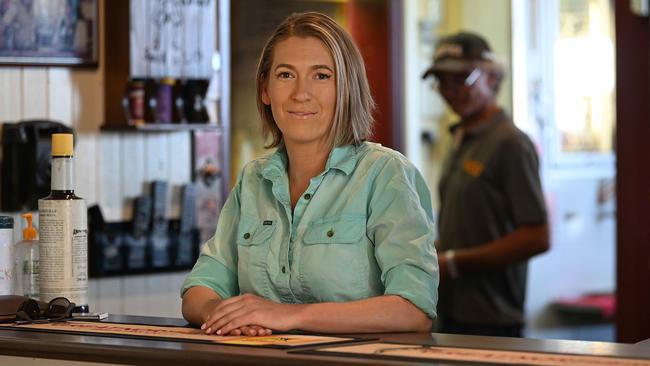
They’re tough people at Tara, the district carved from the brigalow scrub on Queensland’s sun-beaten Western Downs.
The 900 residents of the town, and approximately 3000 people who live on the large bush blocks surrounding it, have endured drought and bushfires that have claimed dozens of properties and left many with nothing more than a scorched patch of earth and the clothes on their back.
But even the most resilient struggled with the pain and horror of December 12 last year, when three residents of one of those bush blocks, anti-vaxxer conspiracy theorists Gareth, Nathaniel and Stacey Train, ambushed and killed two young police officers and neighbour Alan Dare.
Dare, shot dead as he arrived on a quad bike to make sure everything was okay at his neighbours’ property on Wains Road in the hamlet of Wieambilla, was well known in Tara. The two young constables, Rachel McCrow and Matthew Arnold, were stationed there, 36km down the road from the bush block.
Two more officers from nearby Chinchilla, Keely Brough and Randall Kirk, both 28, escaped the murderous rampage.
One of the killers, Stacey Train, had been a teacher at the local Tare Shire State College but resigned a day before a Covid vaccination mandate was enforced.
It was almost too much for some residents to process.
“It left a scar on the town,’’ Tara resident Pete said.
He’s worked the bar for the past 12 years at the Commercial Hotel, the only pub in town and one that’s stood on the main street since 1912, when the town was first created out of the original Tara pastoral station to allow the new railway to pass through.
Pete watched and listened as people in the pub talked through their feelings on the shooting.
He said the incident had given people the wrong impression that the town was unsafe.
“It’s a great little town. All the locals are really nice people, and it’s a very friendly town,’’ he said.
He believed time would be the ultimate healer of the hurt of December 12.
The Train trio were killed by specialist police late on December 12; this week, a fourth man, 58-year-old Donald Day Jr from Arizona in the US, was charged with making violent threats to police officers online, in the days following the Wieambilla ambush.
Mr Day – who has pleaded not guilty and will face a jury trial in February – shared Gareth and Stacey Train’s extremist Christian ideology of premillennialism, their anti-vax conspiracy theories and their passion for proselytising about both on YouTube and other social media channels.
Father Jack MacGinley has been the priest at the St Mary of the Angels’ Church in Tara for 39 years, and has baptised, married and buried several generations of the town’s Catholics.
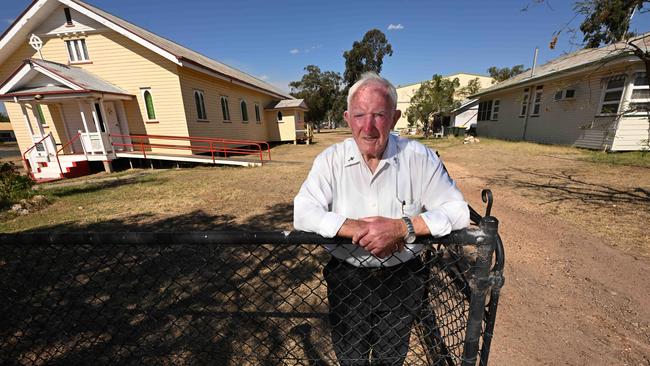
While special church services were held to help the community in the aftermath of the shootings, he believed the real healing came from talking it out at the op-shop he runs once a week in a cottage next door to the church.
Those dropping in to the St Vincent de Paul shop on Thursday mornings were not necessarily looking for some second-hand clothes or china, but somewhere to verbalise their feelings.
“The trauma of what happened was really significant,’’ Father MacGinley, 82, said. “With the consultations on Thursday morning, people come and they want to talk, to talk about it. That gets it off their chest, I suppose. Why did they do it, all this sort of stuff.”
“People come here not to buy clothes or get bread but to have a yarn. They’re kind of counselling services.’’
He said the op-shop represented “neutral ground” and was not like stepping into a church.
“It was a traumatic business of course,’’ he said.
“I knew Alan Dare. I gave him a Christmas ham about five years ago, apparently. And Kerry (Mr Dare’s wife). She’s a lovely lady, Kerry.
“We had a police remembrance day service here and Kerry came to say g’day.’’
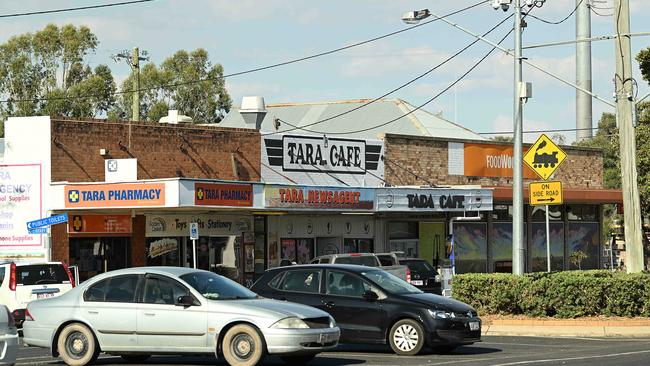
Father MacGinley had dealt with McCrow, 29, during her posting in Tara, when she attended the local hospital to assist after a priest visiting the town was involved in a car accident.
“She was there, she was nice. She didn’t impose herself, she was just sort of there, quite pleasant. She happened to be the policewoman in charge so she was there.’’
Tara has “townies’’ – those who live in the town and work at its school, or hospital or pub or supermarket or bakery – and “blockies”, a name sometimes applied to those who bought the hard-scrabble bush blocks that were opened up in old state forests around Tara.
The blocks, usually 10-20 hectares, had no electricity, town water, garbage collection and mail delivery, and patchy internet and phone services. They were cheap, and gave those who lived there a chance to get established, even if they were living in a shed, a garage, a caravan or even a shipping container. While many have since been developed, some, such as the block where the Trains lived, remain defiantly off-grid.
Sophie Bougoure is the sixth generation of her family to live on the Western Downs, and objects to the use of the word “blockie”, saying it’s a derogatory term for people who were just having a go on their own land.
“They are the rural residential blocks of Tara,’’ she said of the lots divided up by Washington Developments in the 1970s and ’80s.
“They (the residents) bought their own piece of paradise; they’re retirees or they’re young people having a go.
“They are no different to the 10-pound Poms who were sold the dream and came out (to Australia) to be put in (work) camps.
“There’s dwellings on most of the properties now and electricity to most of them.’’
Ms Bougoure, 35, returned to her home town of Tara after years working in the oil and gas industry, and for the Australian Defence Force. An endorsed LNP candidate for the Western Downs council elections next year, she said the Train trio did not represent the people of Tara and the bush blocks that surround it.

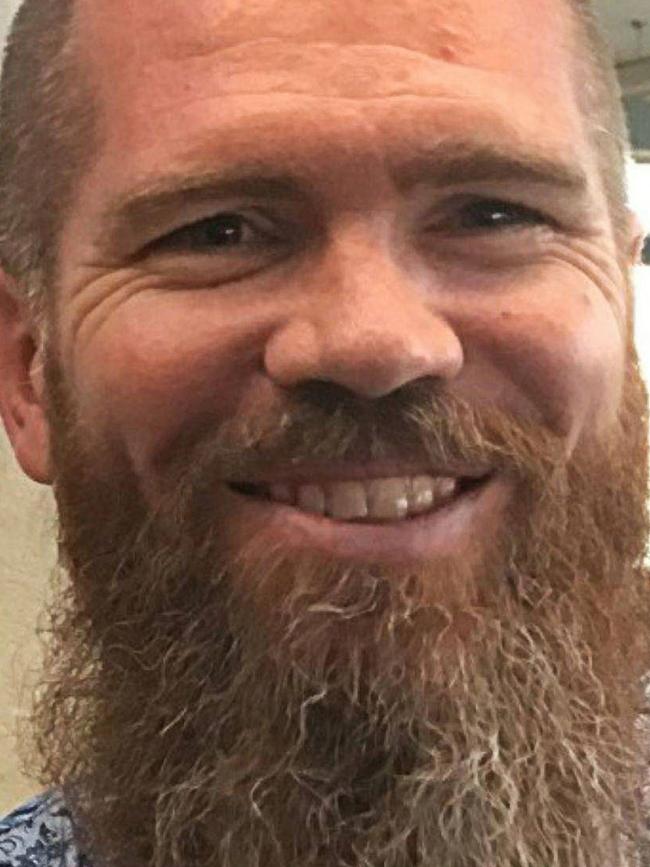
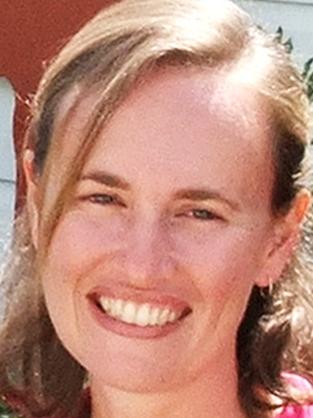
She said she had never even heard the names of the Trains until December 13, the day after the shooting, although like most she knew Arnold, 26, who occasionally dropped in for a drink at the Commercial Hotel, where she works. “Those three people do not define the town.’’
Ms Bougoure said people had been shocked and saddened when news came through of the shootings, but had slowly begun to accept it. “We’re resilient – we have to be, we are too far away,’’ she said. “We were hit with disaster month after month.’’
Twelve deliberately lit fires broke out between January and April this year between Tara and Wieambilla, destroying 14 homes and burning more than 4600ha.
And in January, the town went into lockdown after shots were fired when a group of teenage boys allegedly got into a dispute one afternoon. Coming just a month after the shootings at Wieambilla, police understandably reacted with a massive show of force, and locals said it was easy to imagine how quickly the incident could have ended in tragedy.
Then in late October, bushfires again erupted around Tara. Local property owner Ulrich Widawski was killed trying to escape, and a woman died of a suspected heart attack while being evacuated. The savage blaze burnt about 26,000h, and destroyed 55 houses, 31 sheds and eight caravans and other mobile properties.
Before the latest bushfire crisis, Ms Bougoure said the town was thriving, and a beautiful service for Police Remembrance Day in September had given the community permission to start processing its grief and moving forward.
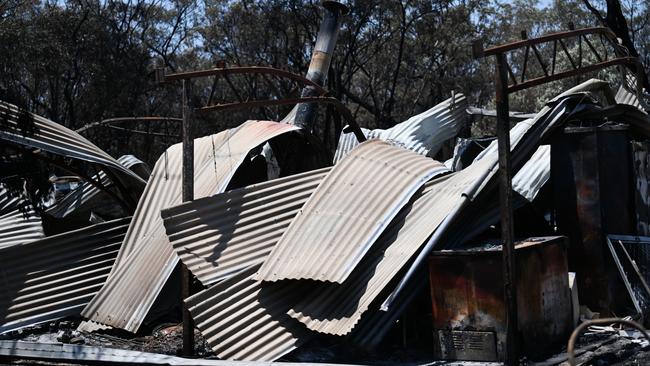
As the one-year anniversary of the Wieambilla murders nears, national cabinet this week finally inked a deal to deliver a $250m national firearms register, first agreed to after the 1996 Port Arthur massacre in Tasmania.
The landmark decision followed The Weekend Australian’s Target on Guns investigation, which revealed negotiations had been stalled for months by the funding fight, and were hamstrung by inconsistencies in gun laws across the country.
Queensland Police Service Deputy Commissioner Cameron Harsley said other police officers affected by the Wieambilla shooting would not have recovered.
“Unfortunately through a career in this job, you’re subject to these types of issues. And officers don’t recover, they learn to live with the scars of what happened,” Mr Harsley said.
Father MacGinley believes evil can occur anywhere, even in a small town like Tara. “Well, it happens. Cain killed Abel. You wouldn’t expect this stuff in Israel and Gaza now either, would you? It’s ruthless.”


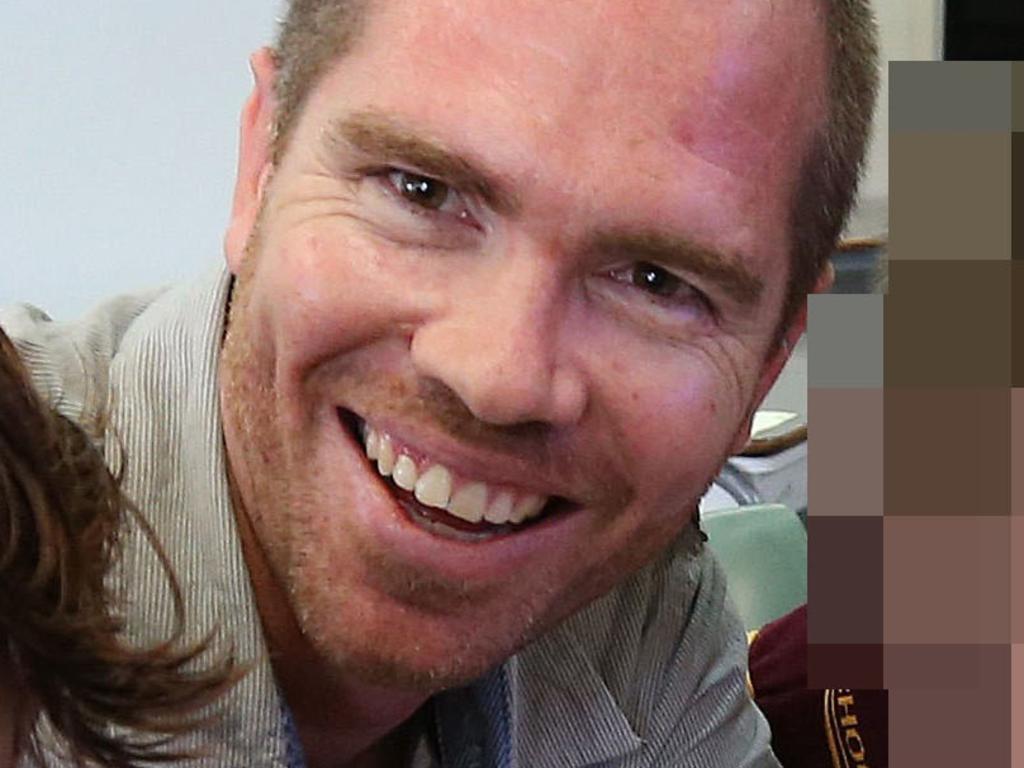

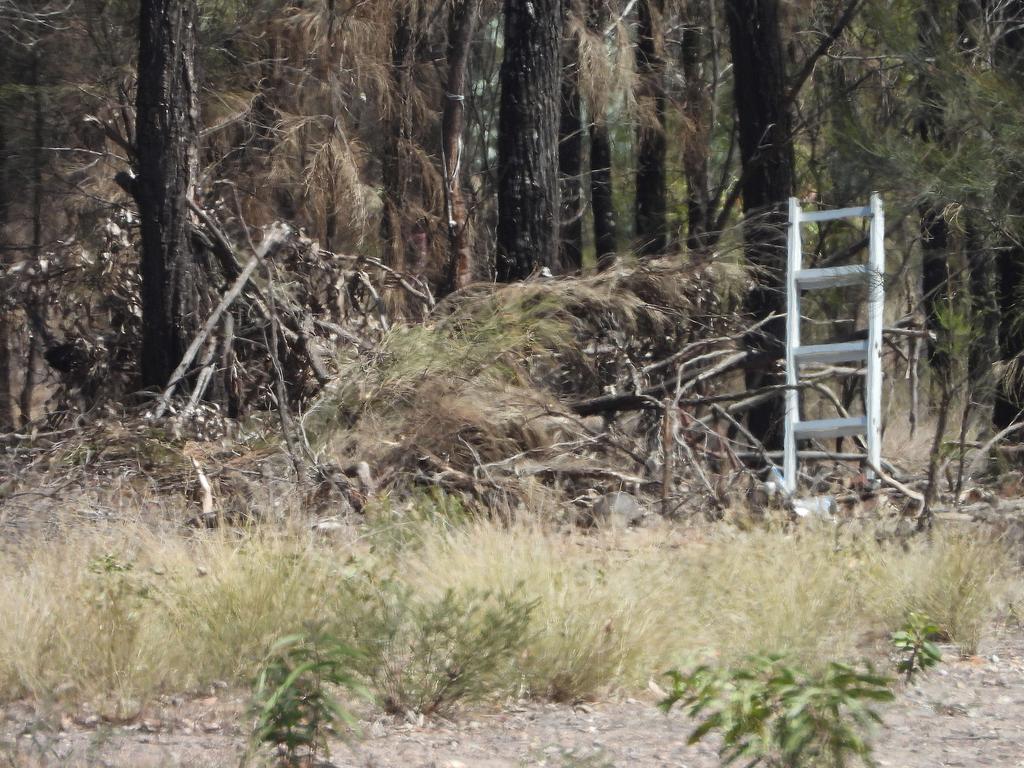


To join the conversation, please log in. Don't have an account? Register
Join the conversation, you are commenting as Logout